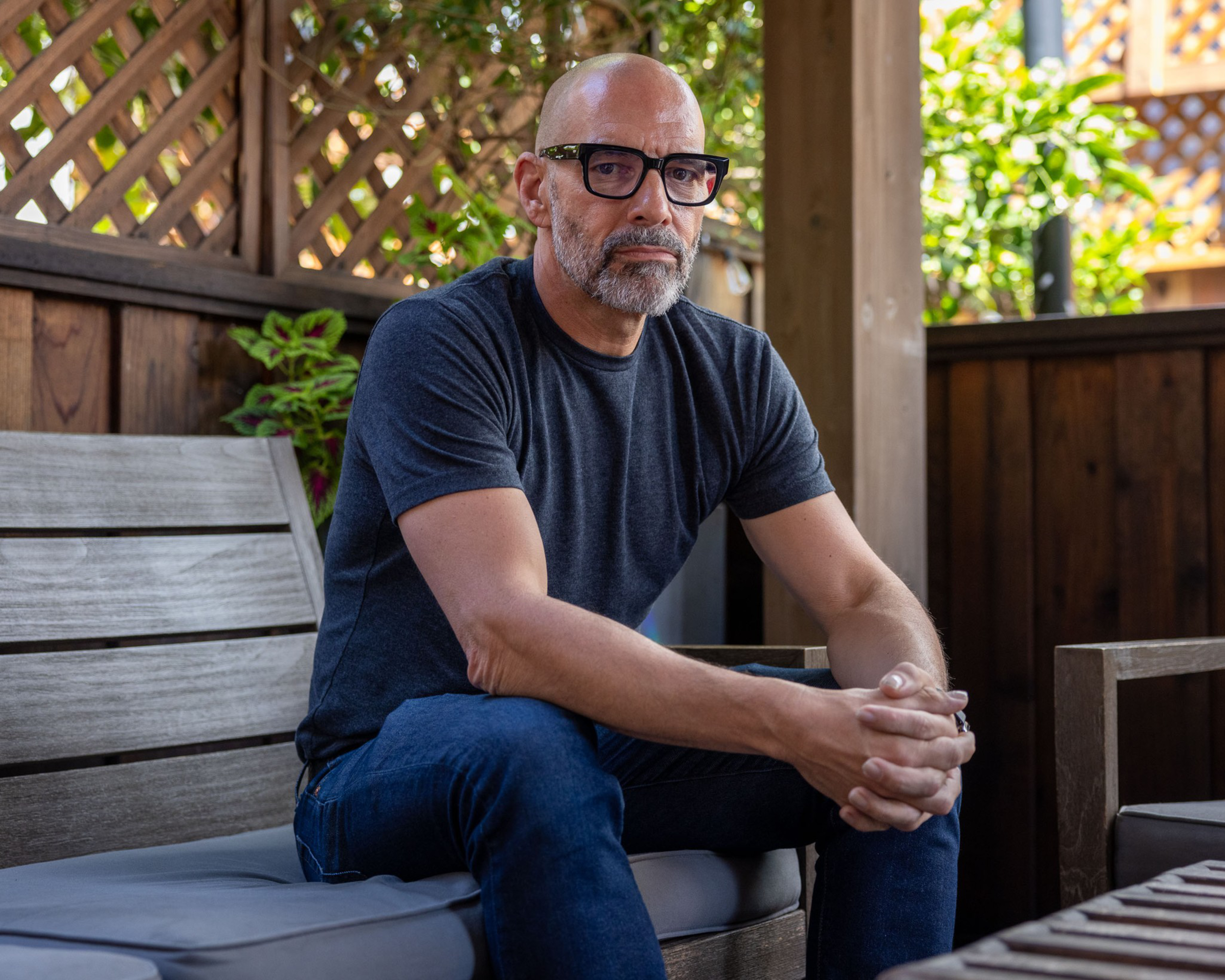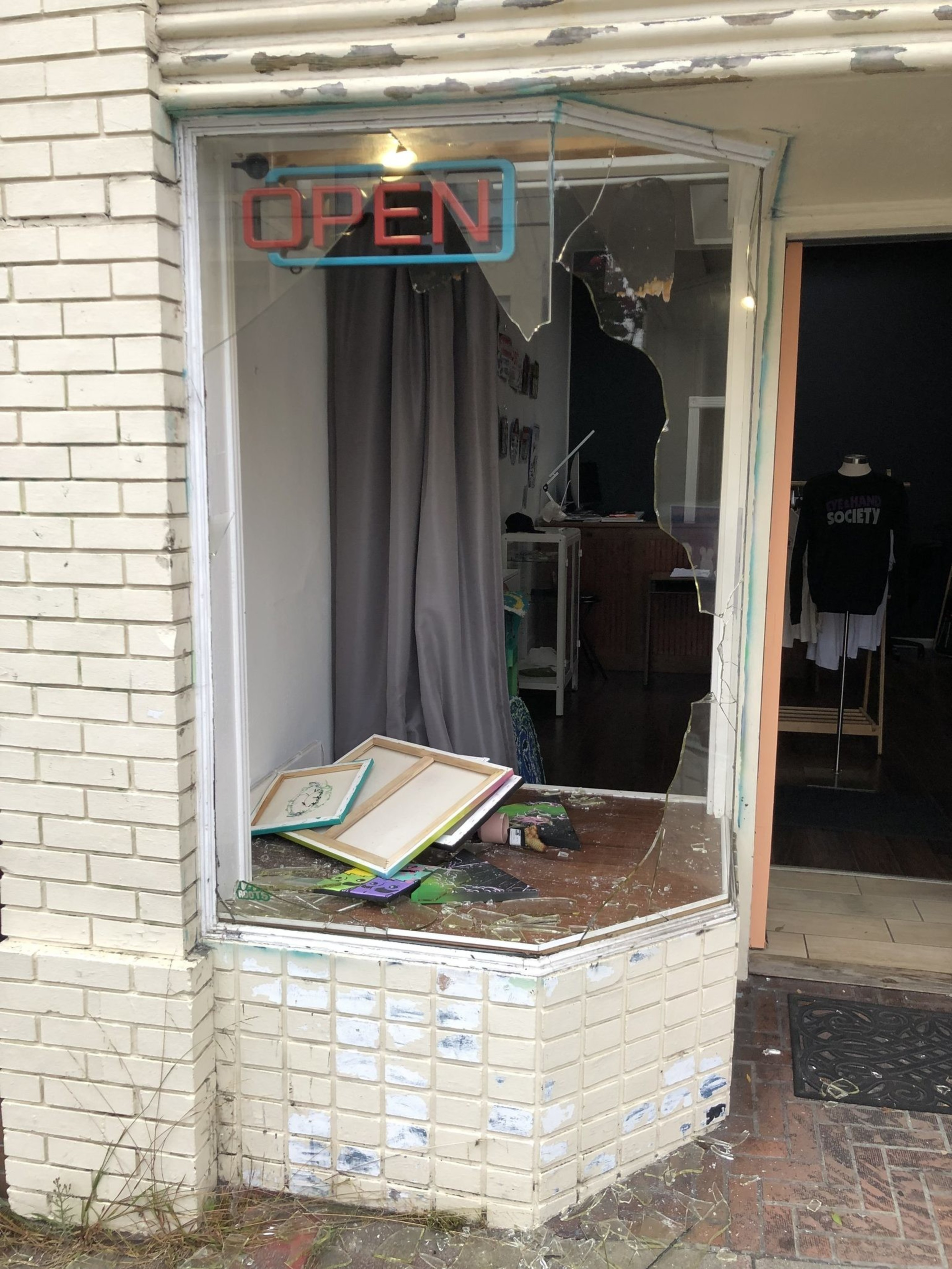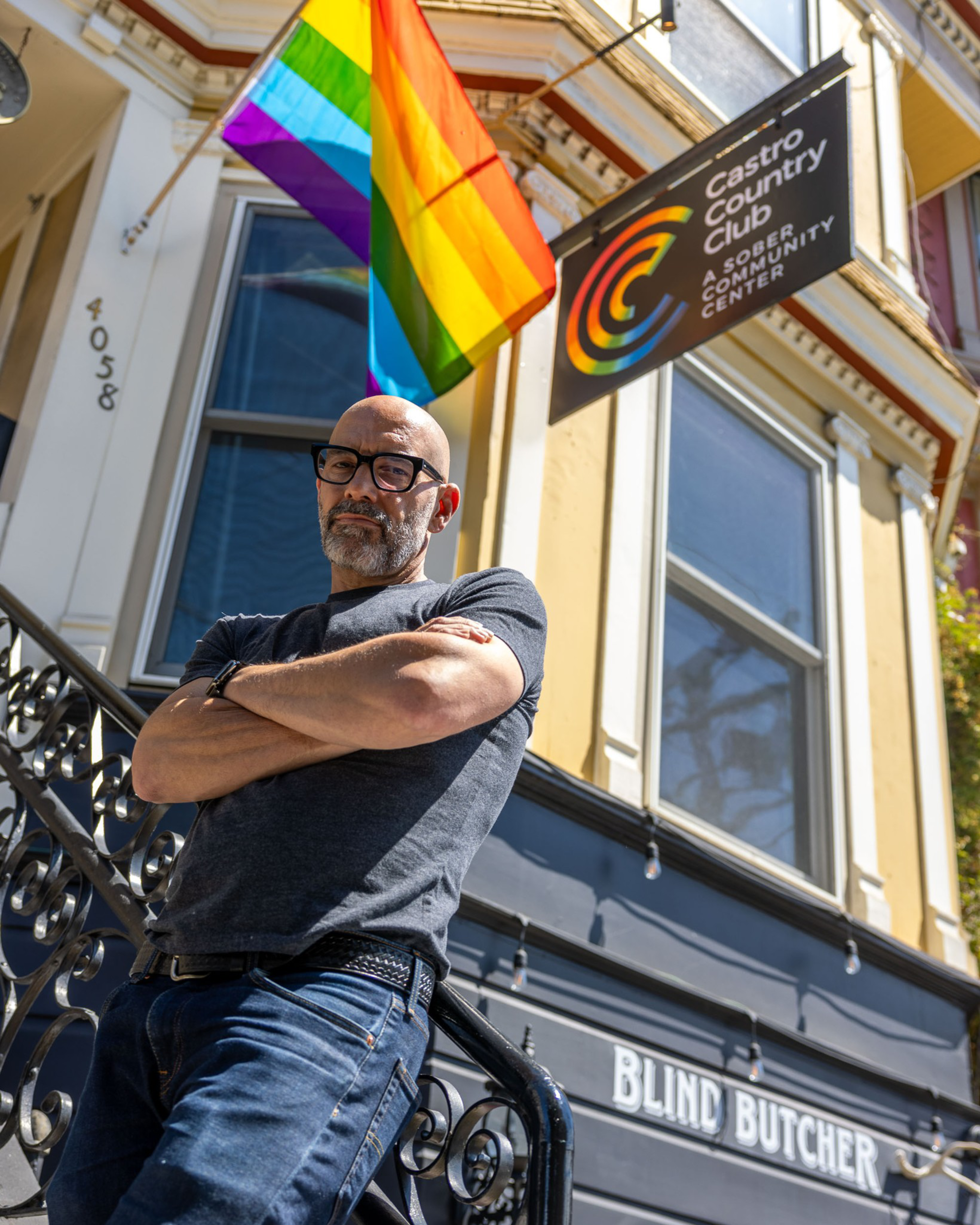Billy Lemon knew he had to protect his employees when, one day, a man threatened to hog-tie him, light him on fire and burn down his business.
What he did not realize was that it would cost him nearly $20,000 to get a restraining order.
Now, he and other San Francisco business owners who have been harassed by repeat offenders say they want the city to make it easier to get restraining orders to protect their operations.
Many offenders — who have allegedly shoved employees and threatened them with box cutters or hurled merchandise across stores — struggle with mental illness and addiction. They are a constant presence in the neighborhoods they frequent and tend to return soon after being arrested or released from jail.
Business owners acknowledge that the long-term solution is to reform mental health legislation and expand treatment facilities. But in the absence of progress on that front, restraining orders are the best tool at their disposal, they say.
The problem is that the byzantine process of getting such an order can take months and costs huge sums of money.
“$20,000 is a literal shit-ton for me to fundraise,” said Lemon, who runs the nonprofit Castro Country Club, a sober community center. “To have to throw that at this dumbass was infuriating.”

California law requires most employers seeking a workplace violence restraining order — which can cover multiple employees and their families — to hire a lawyer. A receipt viewed by The Standard shows that Lemon paid attorneys $19,030 at the end of the roughly three-month process in 2021.
The order expired this year, and Lemon couldn’t afford to renew it. He said he wants the city to create a fund to help business owners pay for restraining orders against individuals who are chronic nuisances.
Lemon, whose work involves helping people who are struggling with mental illness and addiction, said the ultimate solution for somebody like Zero Triball — the man who allegedly harassed and threatened him — is a court-ordered conservatorship under which he’d be compelled to get treatment. But he knows that’s not likely to happen.
“In the meantime, since this’ll keep happening, a fund would be rad,” Lemon said. “It feels like an easy fix the city could pick up the tab for.”
Readers may remember Triball from a viral video in which he was tackled by two nudists after confronting a tourist with a blowtorch in the Castro .
Terry Asten Bennett, president of the Castro Merchants Association, said she has also been harassed by Triball. She agrees that the city needs to do more to help businesses.
“There has to be an easier, less expensive way for employers to protect their employees,” she said. “And if it means the city puts together a fund or the laws change to make it a reasonable fee, then that is what needs to happen.”
‘The system is failing us’
Civil harassment restraining orders, which can protect one person and their family, are not as expensive to acquire as a workplace order. But they can still cost up to $450.
Robert Cox, a longtime resident of the Castro, got a restraining order against a serial offender who broke into his home, tried to set a neighbor’s house on fire and habitually sleeps in planter boxes. He said the process took him around 20 hours.
“I get why it shouldn’t be easy to get a restraining order,” Cox said. “But man, to put this kind of time in — if you’ve got a job, you’re just never going to do it.”
Cox said the only reason he was able to get the order was that he’s a painter and works on his own time.
“It’s a pain in the ass,” Supervisor Rafael Mandelman said of the process of obtaining restraining orders. “And it’s weird that we put the burden on the person that’s being harassed.”
Avi Ehrlich, owner of the Mission’s Silver Sprocket comic-book store and a board member of the Valencia Corridor Merchants Association, said he’d like to see the city create an office to help business owners navigate the complicated process.
He said business owners in the merchants association have met to discuss ways to tamp down on serial offenders who have screamed at customers and threatened employees with box cutters, but have found no reprieve.
“The system is failing us,” Ehrlich said.
The mayor’s office did not respond to requests for comment by publication time.
An intractable problem
The serial offenders are, in many ways, the result of California’s decades-long struggle to treat its mentally ill residents.
State law allows courts to place people in conservatorships — in which another party manages finances and medical treatment — if they pose a threat to themselves or others or are so gravely disabled that they can’t provide for their own basic needs.
Recent legislation has expanded the ways somebody can qualify for conservatorship and even established an alternative court program to treat mentally ill people. The results, so far, have been mixed.
On paper, Triball — the man who allegedly threatened to hogtie and burn Lemon — is a prime candidate for conservatorship. According to Mandelman, who has spoken with police about Triball, the 38-year-old is not conserved.
Triball has an extensive history of drug use and homelessness and has physically assaulted people in the Castro multiple times (opens in new tab) over the last four years.
In 2020, Triball was accused of chasing a man after trapping him inside a business. In 2021, he was arrested on suspicion of battery against a police officer. In 2022, he allegedly punched a man’s face, breaking his nose, outside a bar. Most recently, he threatened to attack a tourist with a blowtorch.
He has been placed on at least three 5150 holds, which allow authorities to detain for 72 hours people with serious mental illness who pose a threat to others, according to Mandelman’s office.
“He’s just criminally insane,” said Mandelman, whose district includes the Castro. “I want him kept away from people he’s going to harm.”
Triball is so notorious that Mandelman knows him by name and can recite his crimes from memory.
Mandelman has written three times to judges overseeing Triball’s criminal cases, asking “that he be held off the streets for the longest legally feasible period of time.” Mandelman previously told The Standard he thinks Triball should be in a conservatorship.
“This revolving door must stop,” Mandelman wrote in a 2022 letter to one judge. “The current approach of court-mandated treatment with minimal supervision is not working.”
Triball has allegedly continued to assault and harass people in the Castro after being arrested. The San Francisco Human Services Agency, which manages the city’s conservatorships, said it could not share whether Triball has gone through a conservatorship trial before, citing privacy laws.
“We are working with Mr. Triball to examine all the factors that may have played a role in what happened, and among the things we’re looking at is his mental state at the time,” his public defender said of the latest criminal charges. “We support Mr. Triball fully and hope we can get him the support he needs.”
Triball’s story is not unique.
A man known as Sapphire — the one accused of breaking into Cox’s house — has allegedly menaced residents of Hartford Street for years, setting fire to trash cans and screaming at residents.

In July, a man named Bryan Sandelin, who has assaulted and harassed residents of the Outer Richmond, was sentenced to nearly seven months (opens in new tab) in prison after a particularly egregious attack. Just last week, a woman with a history of harassing parents with young children in Golden Gate Park was released (opens in new tab) after her latest arrest.
In a worst-case scenario, a man named Peter Rocha who frequents Glen Park continues to roam the streets after allegedly chasing an elderly man who tripped and died (opens in new tab) in 2020.
“It’s the same people over and over again,” said Dave Burke, a public safety liaison worker in Mandelman’s district.
Mandelman said the problem is so acute that his staff keeps a list of repeat offenders in his district. In the absence of treatment, such offenders rarely leave the list.
“A lot of the time, the exit is death, frankly,” he said.

